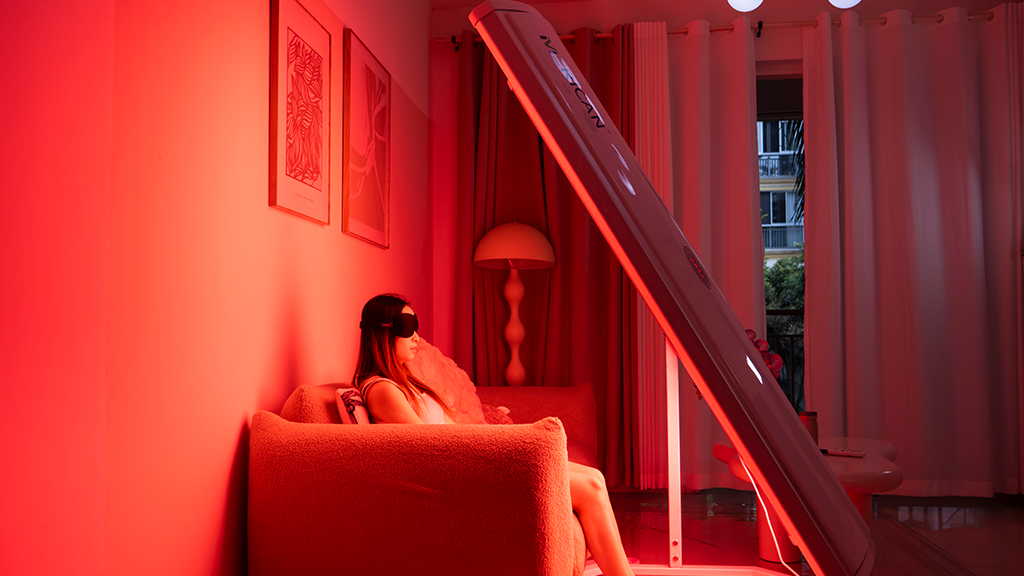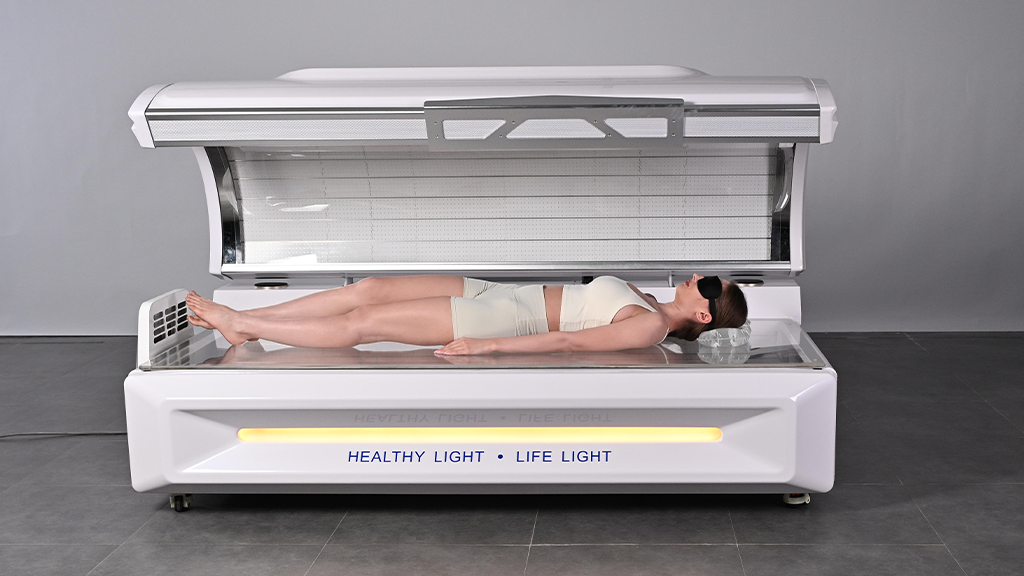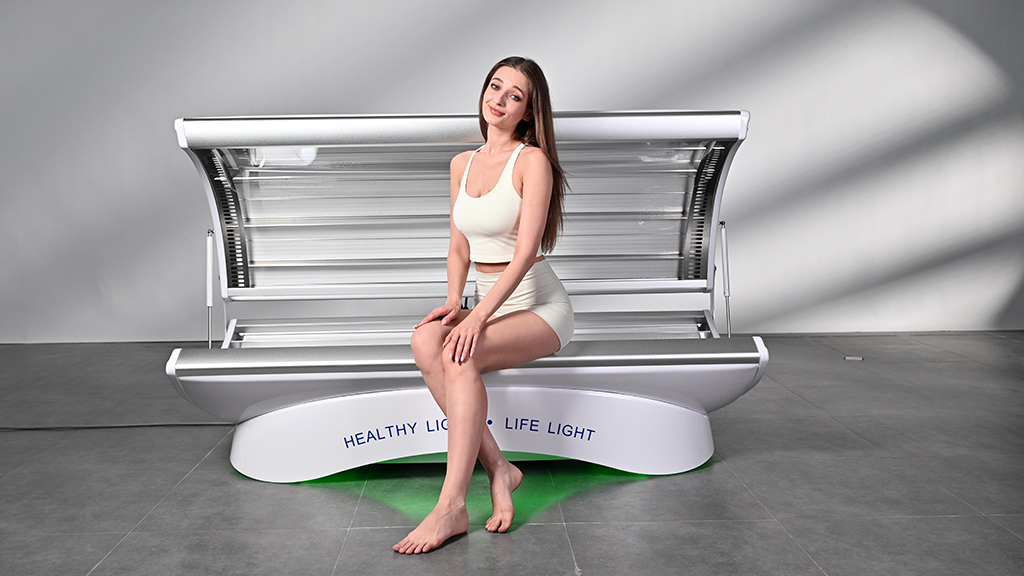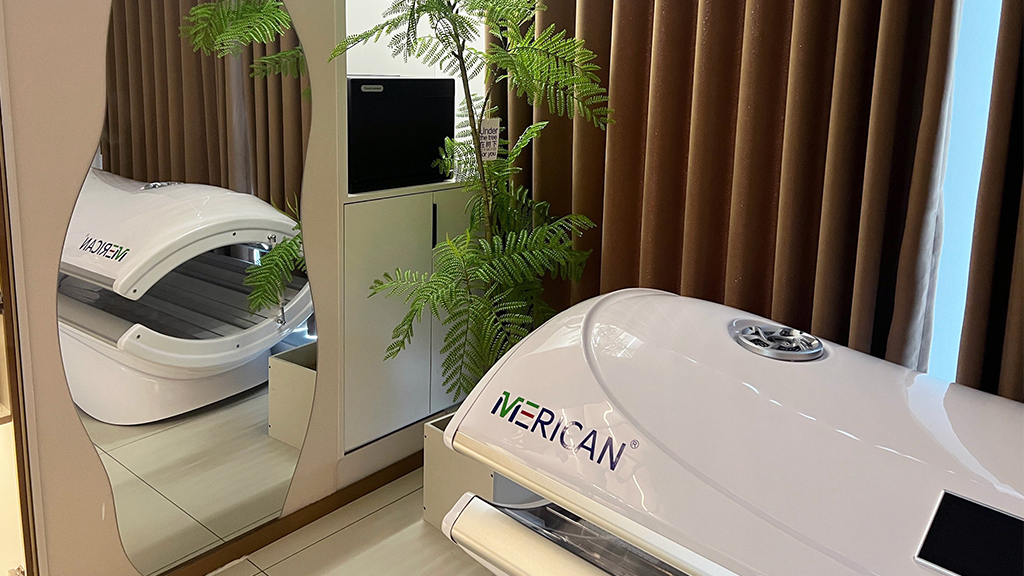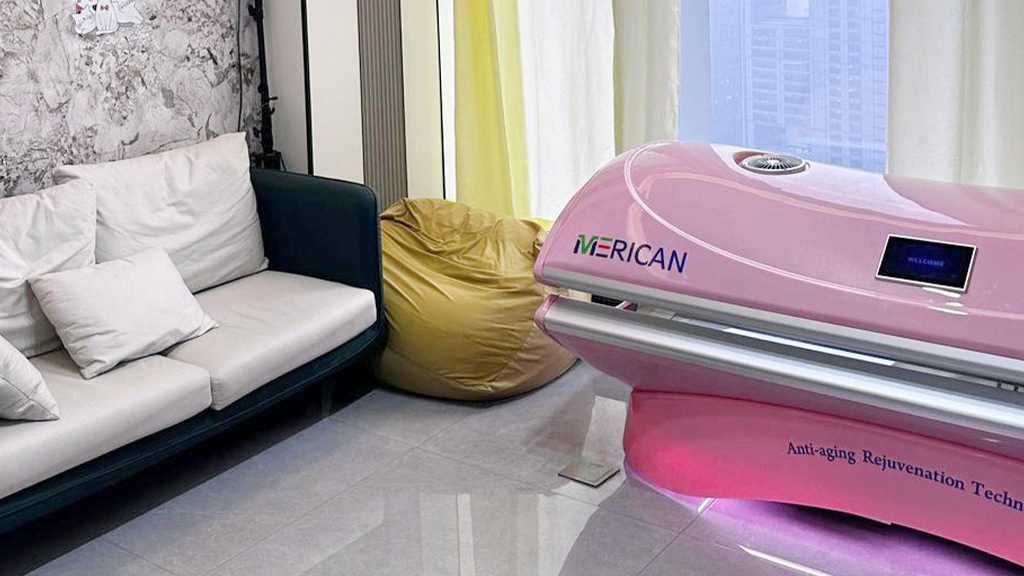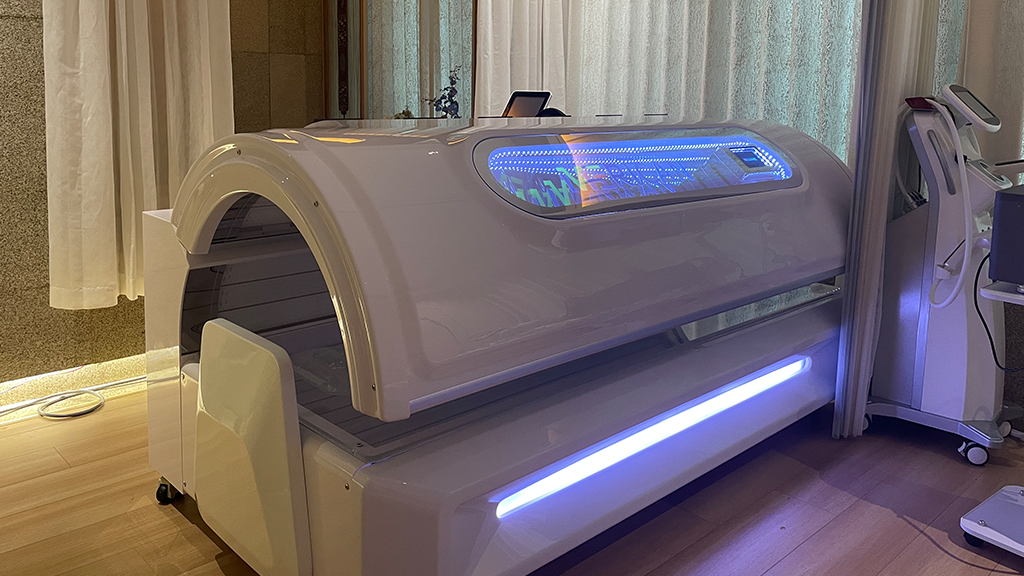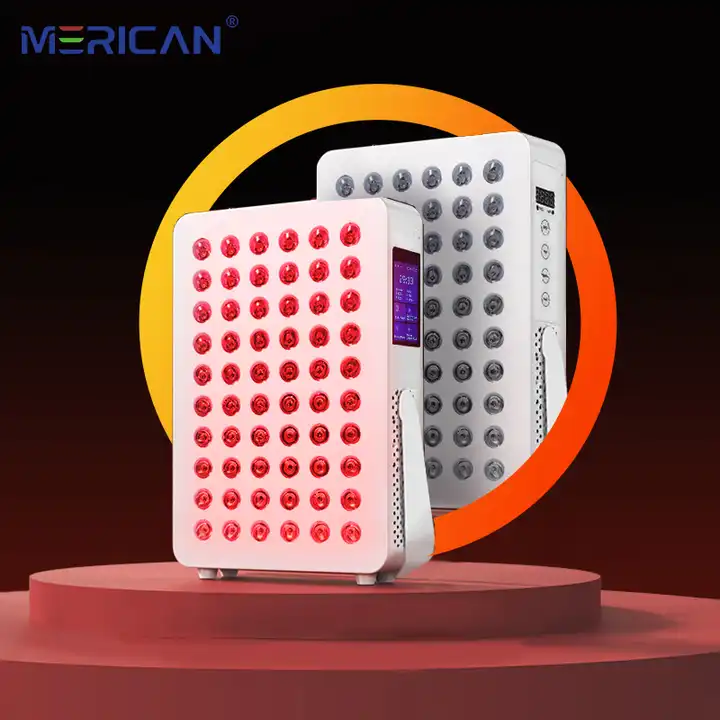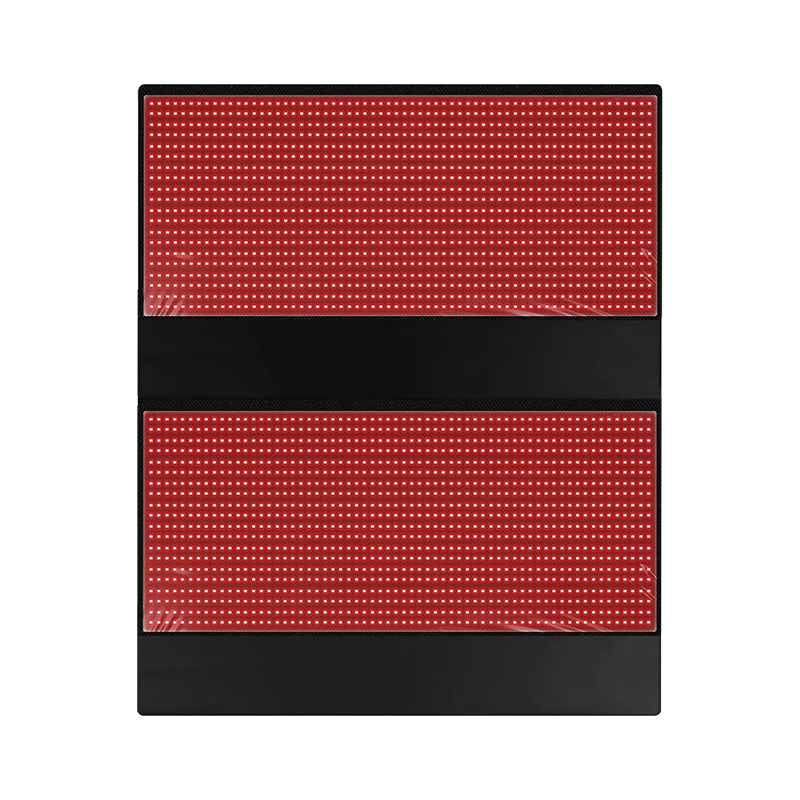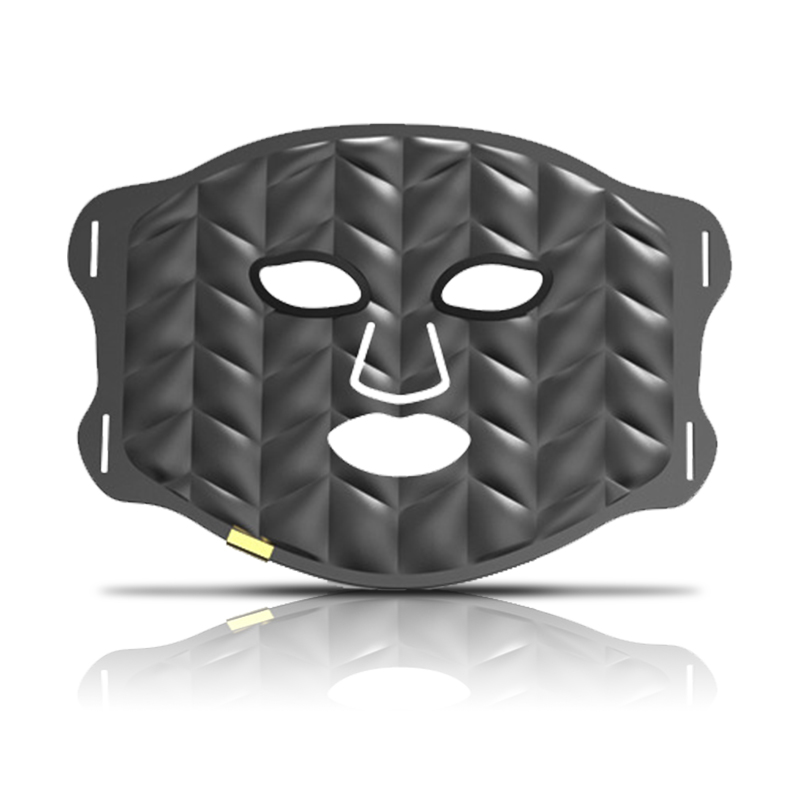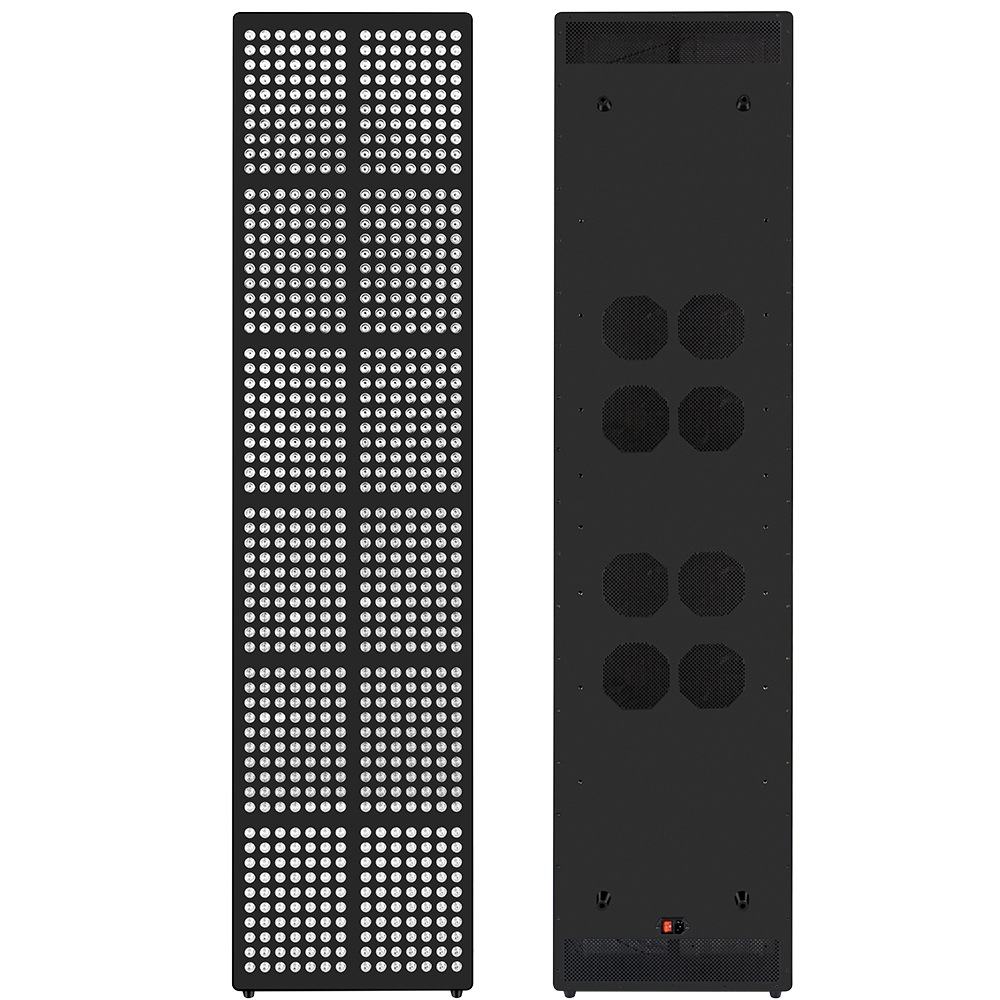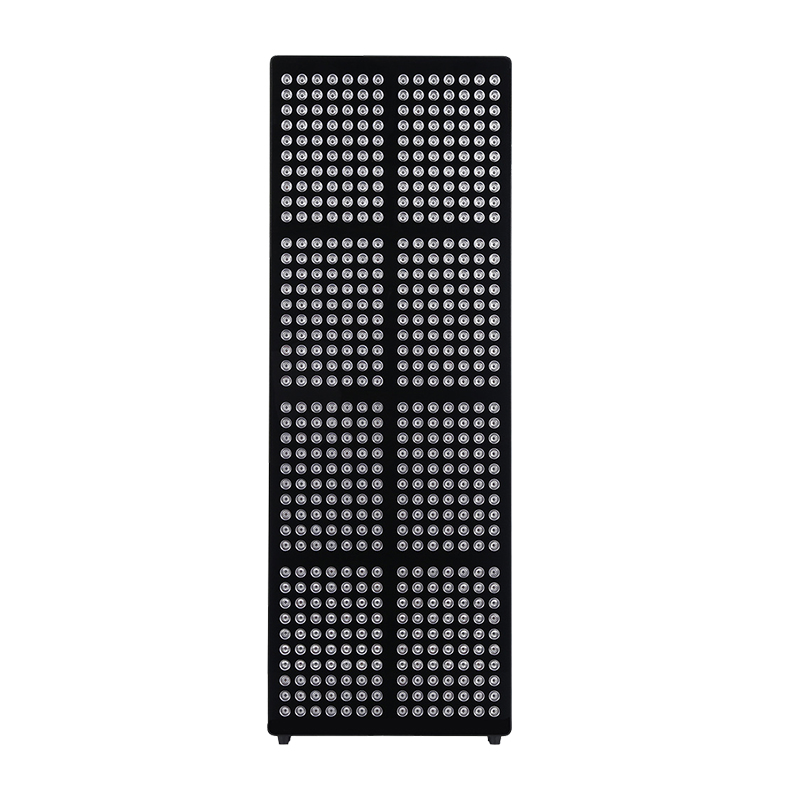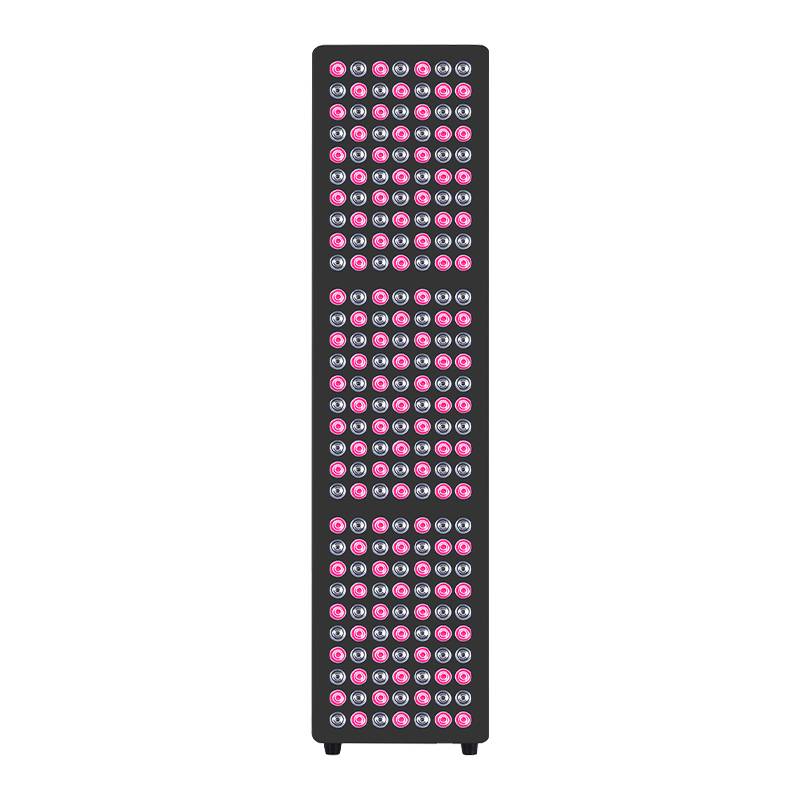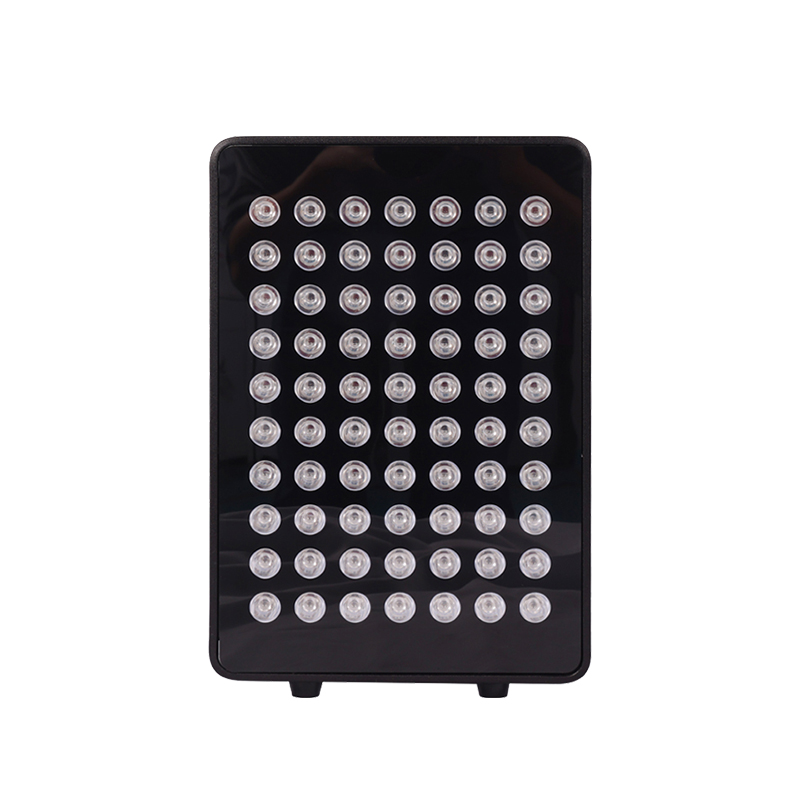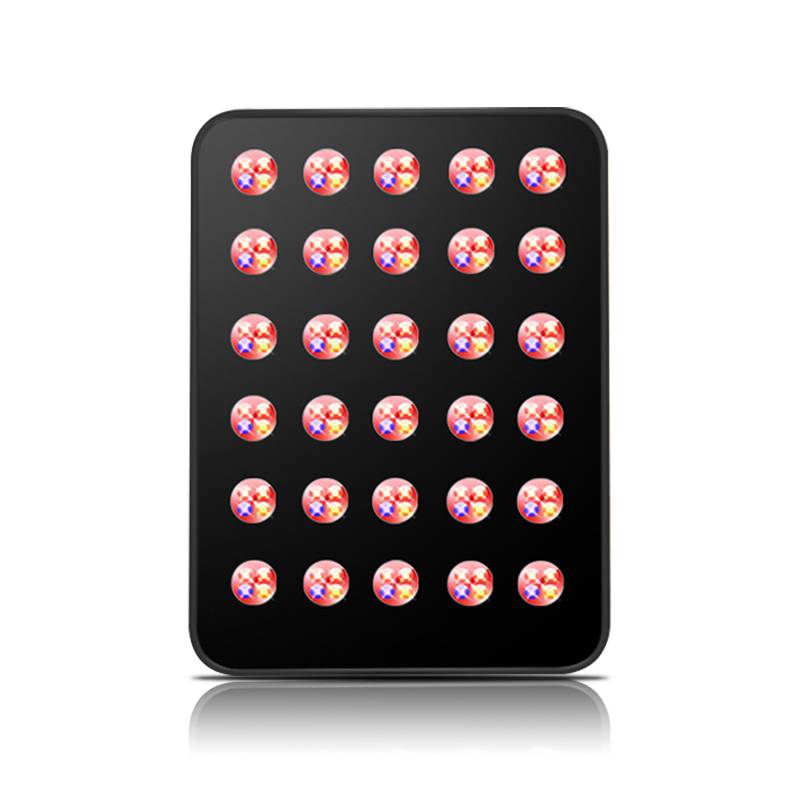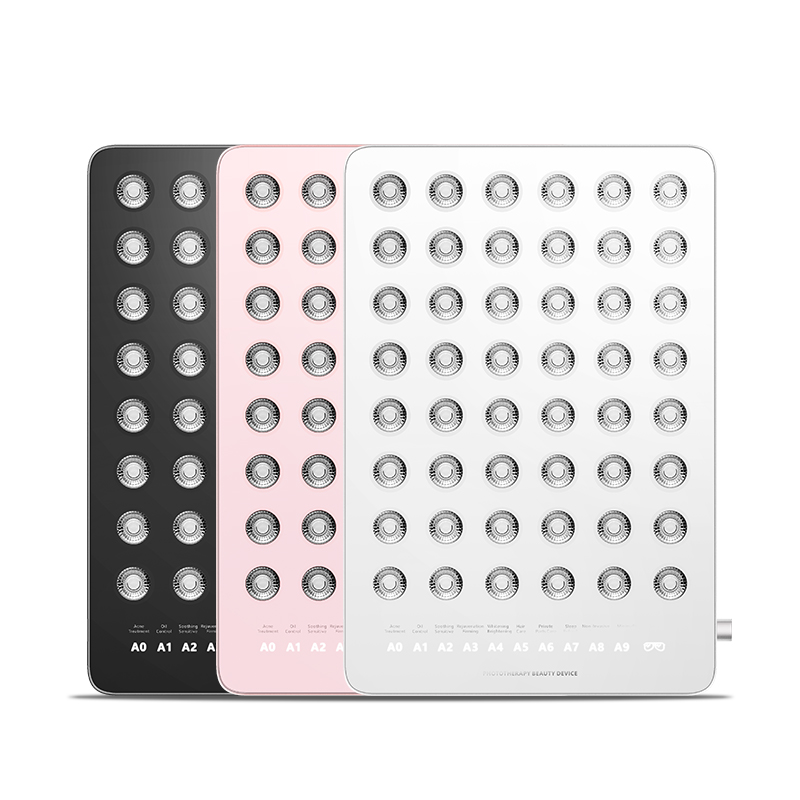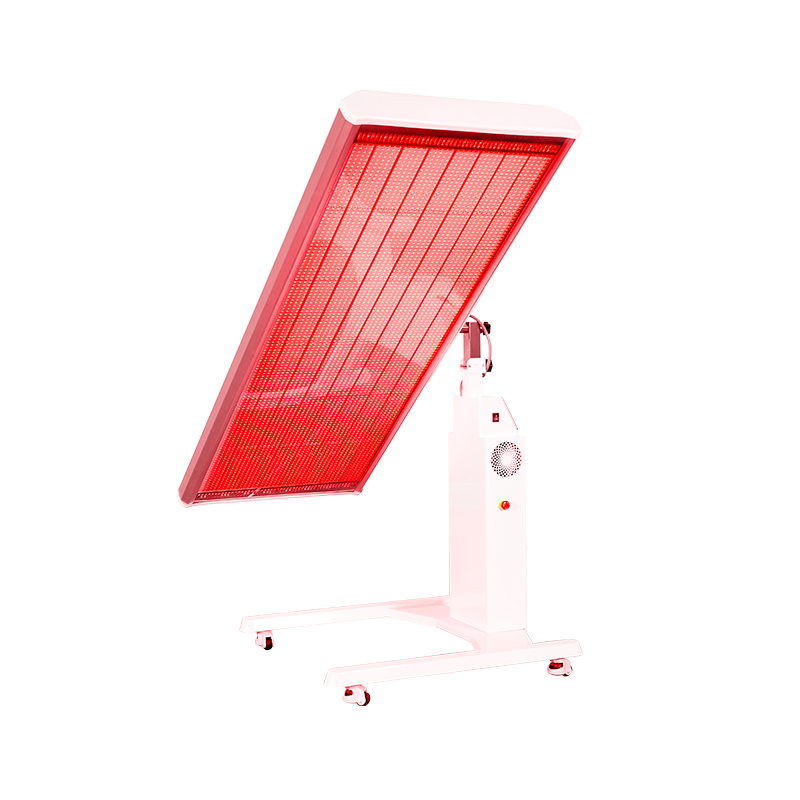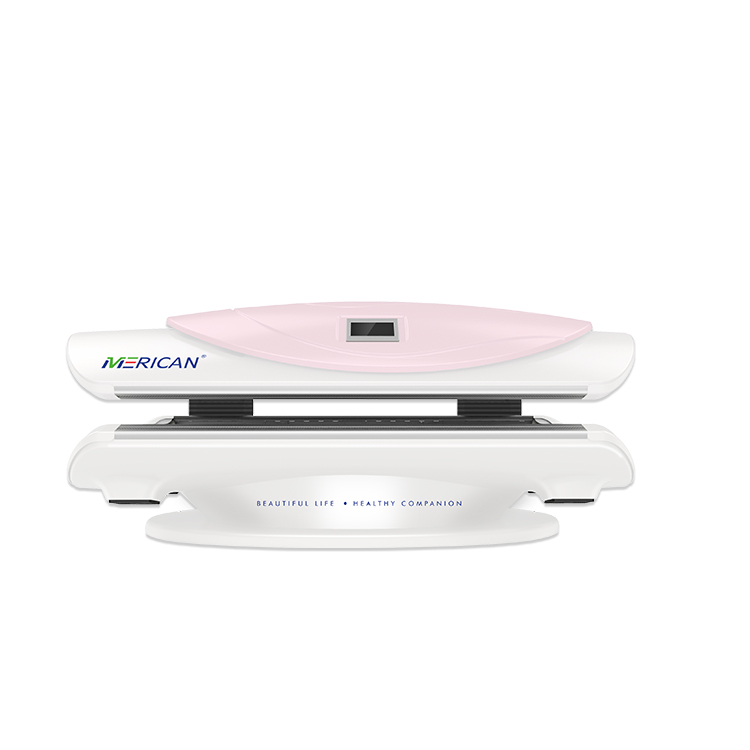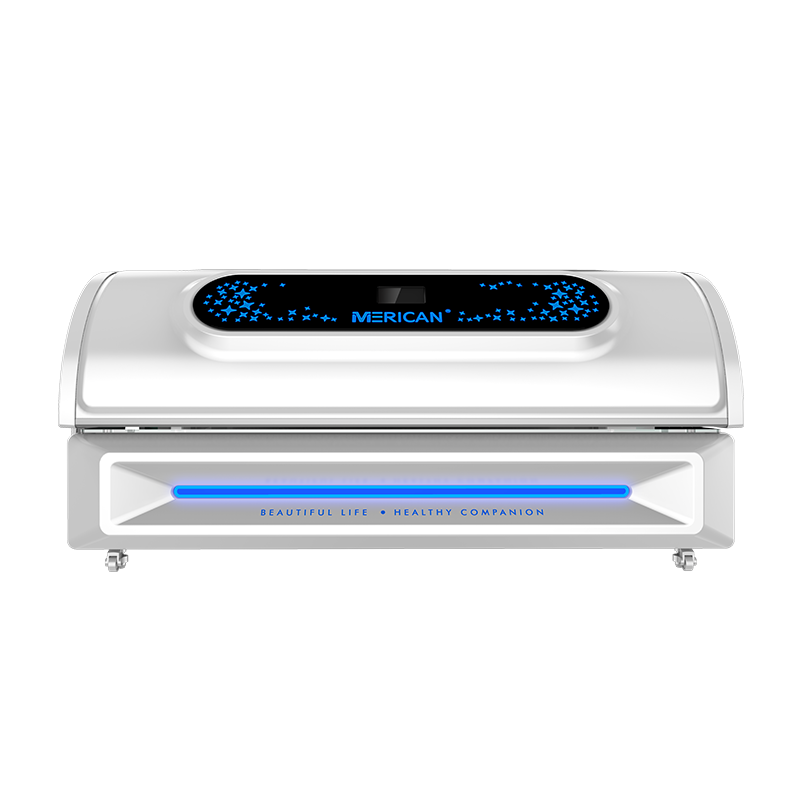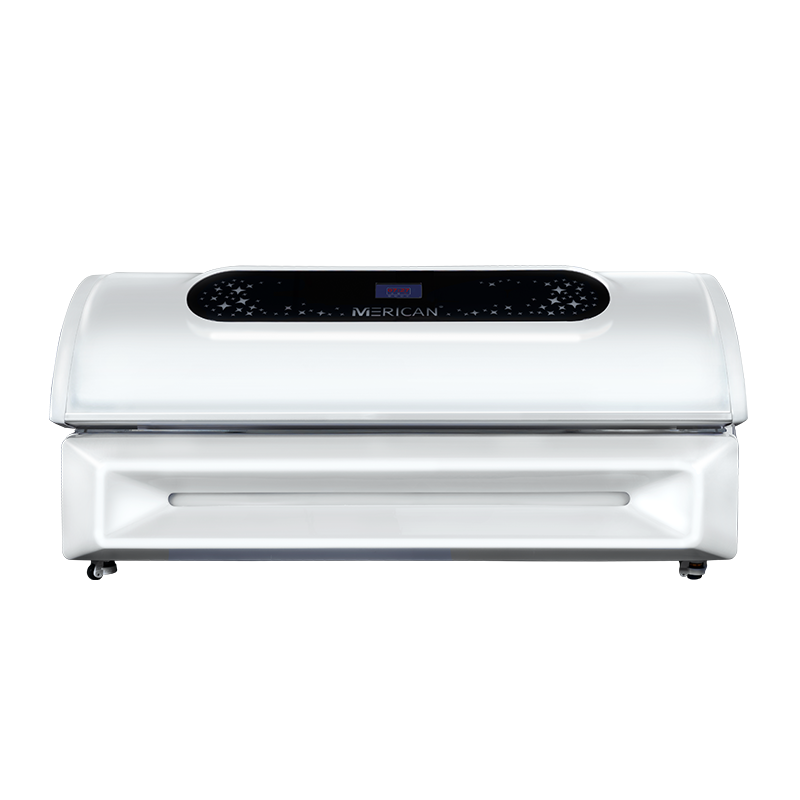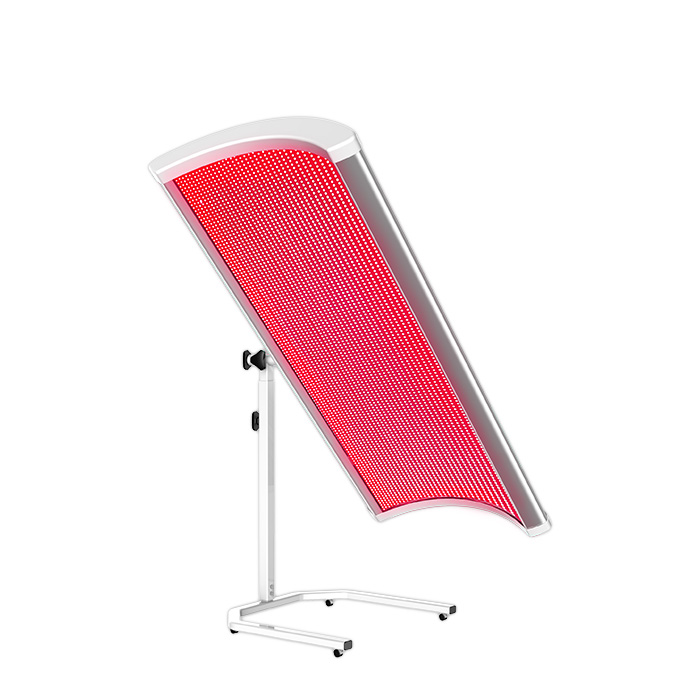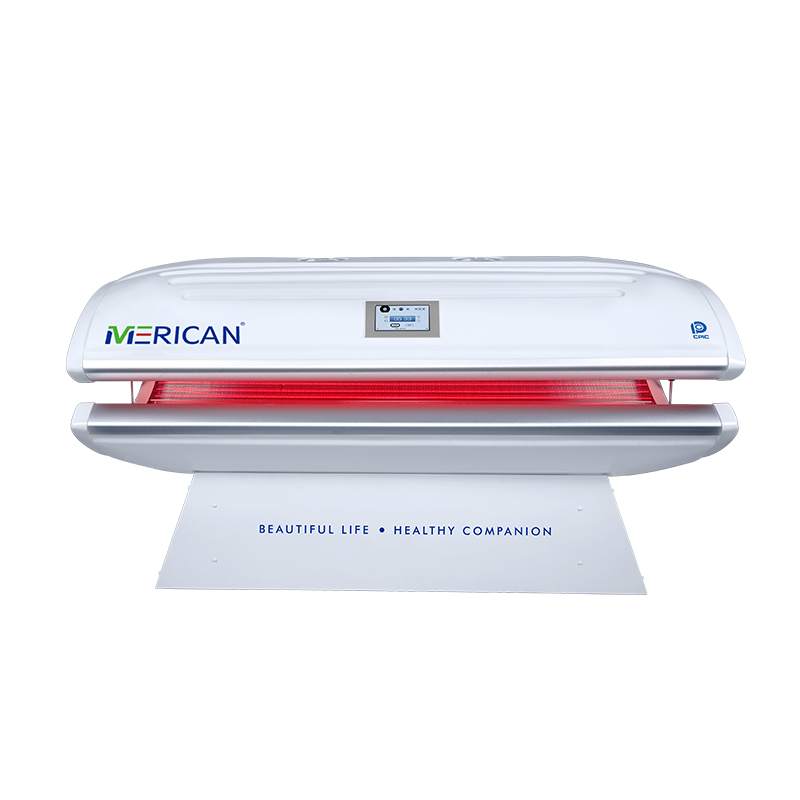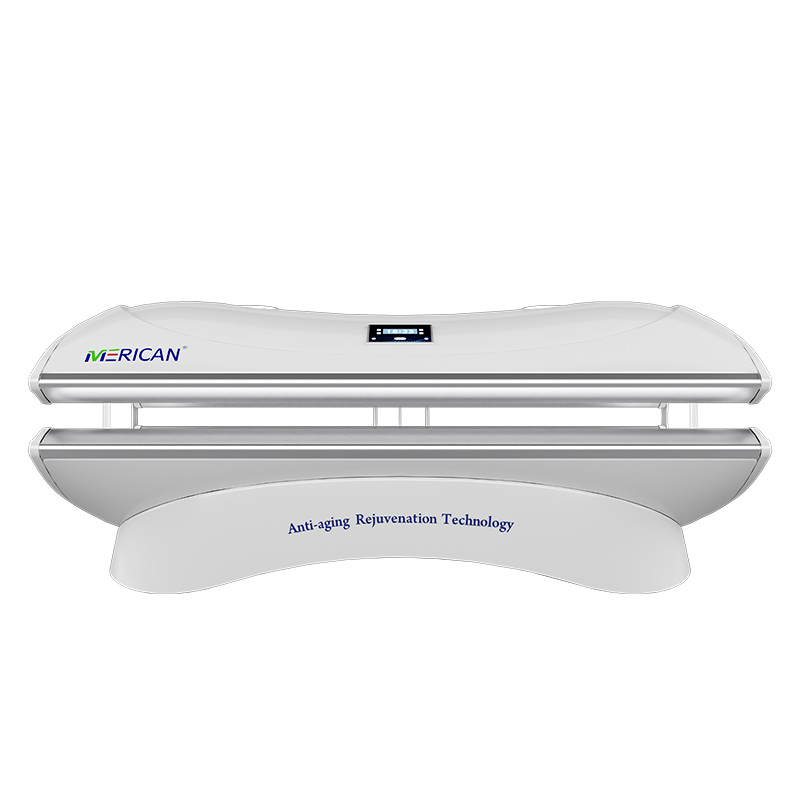Perda de cabelo – seja desbaste gradual, ampliando linhas de peças, ou uma linha do cabelo cada vez mais recuada - afeta mais da metade de todos os adultos por idade 50. O impacto emocional é inegável, impulsionando uma indústria multibilionária de loções, poções, prescrições, e procedimentos.
Nos últimos anos, terapia de luz vermelha para queda de cabelo (também chamada de terapia de crescimento capilar a laser ou terapia a laser de baixo nível – Lllt) mudou de clínicas de nicho para consultórios de dermatologia convencionais e capacetes elegantes para uso doméstico.
No final, você terá um roteiro prático - enraizado na ciência, não exagero - para tomar decisões informadas sobre sua jornada de restauração capilar.
Compreendendo a biologia capilar: Por que perdemos cabelo

Antes de julgar qualquer terapia, ajuda a rever o ecossistema do couro cabeludo.
O ciclo de crescimento do cabelo – quatro fases distintas
- Anágena (Crescimento) Fase
Dura de 2 a 6 anos; aproximadamente 85 % dos cabelos do couro cabeludo estão aqui a qualquer momento.
Os queratinócitos da matriz se dividem rapidamente, alongando o eixo.
- Catágena (Regressão) Fase
Uma breve transição de duas a três semanas; folículos encolhem, e o fluxo sanguíneo diminui.
- Telógeno (Descansar) Fase
Dura cerca de 3 meses; os cabelos se desprendem da papila dérmica e são facilmente eliminados.
- exógeno (Derramamento) Fase
A “queda” visível à medida que a haste antiga sai do canal folicular.
Causas Comuns de Queda de Cabelo
| Categoria | Mecanismos -chave | Padrões Típicos |
| Genético / Androgenético | Diidrotestosterona (DHT) miniaturiza folículos | Calvície padrão em homens, afinamento difuso em mulheres |
| Inflamatório / Autoimune | Imune ataque aos folículos (Por exemplo, alopecia areata) | Carecas irregulares |
| Hormonal | Desequilíbrio da tireóide, queda de estrogênio pós-parto | Eflúvio telógeno difuso |
| Deficiência de ferro ou B-12, dieta radical, e estresse crônico | Deficiência de ferro ou B-12, dieta radical, estresse crônico | Eflúvio telógeno |
| Tratamentos Médicos | Quimioterapia, radioterapia | Repentino, perda generalizada |
A terapia da luz vermelha visa principalmente a crise de energia folicular comum a muitas dessas condições, aumentando o metabolismo celular para que os folículos possam resistir à miniaturização e sair do telógeno mais cedo.
O que exatamente é terapia de luz vermelha?

Fotobiomodulação 101
- Definição
Fotobiomodulação (PBM) é a reação bioquímica desencadeada quando o tecido absorve fótons no vermelho (600–700nm) ou infravermelho próximo (700–1.000 nm) espectro.
- Cromóforo Primário
A citocromo-c oxidase nas mitocôndrias absorve os fótons, aumentando o trifosfato de adenosina (ATP) produção e espécies reativas moderadas de oxigênio (ROS) sinalização.
- Janela Terapêutica
Em estudos de cabelo, 630–660nm (vermelho visível) e 810–850nm (Nir) são mais comuns; um estudo fundamental destacou 650 nm como altamente eficaz.
Categorias de dispositivos
Painéis de capô de nível clínico – Alta fluência, supervisionado por técnicos.
Bonés/capacetes laser vestíveis – 150–300 diodos laser; viva-voz.
Pentear & Dispositivos de banda – Linhas concentradas de LEDs; manual.
Massageadores Híbridos de Couro Cabeludo – Combine vibração com LEDs vermelhos e azuis para benefícios duplos.
Todos devem fornecer irradiância suficiente (MW/cm²) e densidade de energia (J/cm²) para alcançar a papila dérmica sem superaquecer o tecido.
A terapia da luz vermelha realmente faz o cabelo crescer novamente?

Sim, Terapia com luz vermelha (também chamada de terapia a laser de baixa intensidade ou LLLT) pode ajudar a regenerar o cabelo em certos casos, especialmente em pessoas com alopecia androgenética (calvície masculina ou feminina). No entanto, não é uma cura garantida, e os resultados podem variar.
O que a pesquisa diz
- Estimula os folículos capilares
Luz vermelha (normalmente em comprimentos de onda entre 630–670 nm) penetra no couro cabeludo e pode estimular as mitocôndrias nas células do folículo capilar, aumentando a produção de energia (ATP), que pode impulsionar o crescimento do cabelo.
- Aumenta o fluxo sanguíneo
Pode melhorar a circulação no couro cabeludo, fornecendo mais oxigênio e nutrientes aos folículos capilares.
- Reduz a inflamação
A inflamação crônica pode inibir o crescimento do cabelo; a terapia da luz vermelha pode ajudar a acalmar isso.
Evidência clínica:
- UM 2017 estudo publicado em Lasers em Cirurgia e Medicina descobriram que o LLLT aumentou significativamente a densidade do cabelo em homens e mulheres após 16 semanas de tratamento.
- O FDA autorizou vários dispositivos de terapia de luz vermelha (como pentes e bonés a laser) para o crescimento do cabelo com base em dados clínicos.
O que manter em mente
- Consistência é a chave
Normalmente, você precisa usar o dispositivo várias vezes por semana durante pelo menos 3 a 6 meses antes de ver os resultados.
- Melhor para perda de cabelo precoce a moderada
Funciona melhor nos estágios iniciais da queda de cabelo; pode não ser eficaz se os folículos já estiverem inativos ou mortos.
- Não é um substituto para outros tratamentos
Pode ser usado junto com outros tratamentos como minoxidil (Rogaine) ou finasterida para melhores resultados.
A terapia da luz vermelha pode reverter cabelos grisalhos?

Compreendendo o cinza
Cinza, prata, ou fios brancos aparecem quando as células-tronco dos melanócitos no bulbo não conseguem se repor; grânulos de melanina diminuem, deixando a queratina sem pigmentação.
Evidência atual
- Estudos in vitro de melanócitos não mostram aumento significativo na atividade da tirosinase após 660 exposição nm.
- Relatórios anedóticos citam escurecimento sutil após RLT prolongado, mas variáveis confusas (dieta, suplementos) desfocar causalidade.
- Declaração de consenso (DAA, 2024) – “Nenhum dado robusto apoia a terapia da luz vermelha revertendo canities.”
Guia passo a passo: Tirando o melhor proveito do RLT em casa

- Escolha um dispositivo aprovado pela FDA
Verifique o comprimento de onda (≥ 650 nm), saída de energia, garantia, e política de devolução.
- Prepare o couro cabeludo
Lave com shampoo sem sulfato; seque suavemente com uma toalha.
- Configuração da sessão
Sente-se direito, evite espelhos reflexivos (para evitar a exposição de olhos perdidos).
Use os óculos de proteção fornecidos quando necessário.
- Rotina de Aplicação
Com que frequência usar a terapia da luz vermelha para o crescimento do cabelo: 3–5× semanalmente para 6 meses; diminuir para manutenção.
- Boosters Adjuntos
Camada de minoxidil tópico pelo menos 4 horas após RLT para evitar dispersão de fótons.
Microagulhamento semanal (0.5 mm) pode aumentar a penetração da luz.
- Acompanhe o progresso
Macrofotografia mensal sob iluminação idêntica; densidade de notas, diâmetro do eixo, vermelhidão do couro cabeludo.
Conclusão
Se você está procurando um produto não-drogas, complemento indolor que se encaixa perfeitamente em uma farra da Netflix ou na rotina matinal de podcast, a terapia da luz vermelha pode ser o novo melhor amigo do seu couro cabeludo. Apenas lembre-se da regra de ouro: luz constante vence a corrida do crescimento. Progresso do documento, ajustar protocolos com orientação profissional, e você estará no caminho certo para se sentir mais satisfeito, cabelo mais forte.
Para empresas que visam criar produtos exclusivos de terapia com luz vermelha a partir do zero, Mericano fornecer gratuitamente Serviços ODM. Esta oferta é perfeita para quem quer se destacar no mercado com projetado personalizado, soluções de alto desempenho adaptadas às suas necessidades e inovações específicas.
Perguntas frequentes
Com que frequência usar a terapia da luz vermelha para o crescimento do cabelo?
Consistência é o mais forte preditor de sucesso. A maioria dos capacetes aprovados pela FDA recomenda:
- Freqüência: 3–5 sessões por semana (dia sim, dia não é ideal).
- Duração da sessão: 10–20 minutos, dependendo da irradiância.
- Dose cumulativa: Meta de 4–8 J/cm² por sessão para tecidos foliculares.
- Fase de Manutenção: Após 6–12 meses de crescimento, reduza gradualmente para 1–2 sessões semanais para sustentar os resultados.
Usuários que ficaram abaixo de duas sessões por semana em um 2023 estudo de adesão perdeu até 30 % de sua densidade recuperada dentro de seis meses, ressaltando a importância da rotina.

